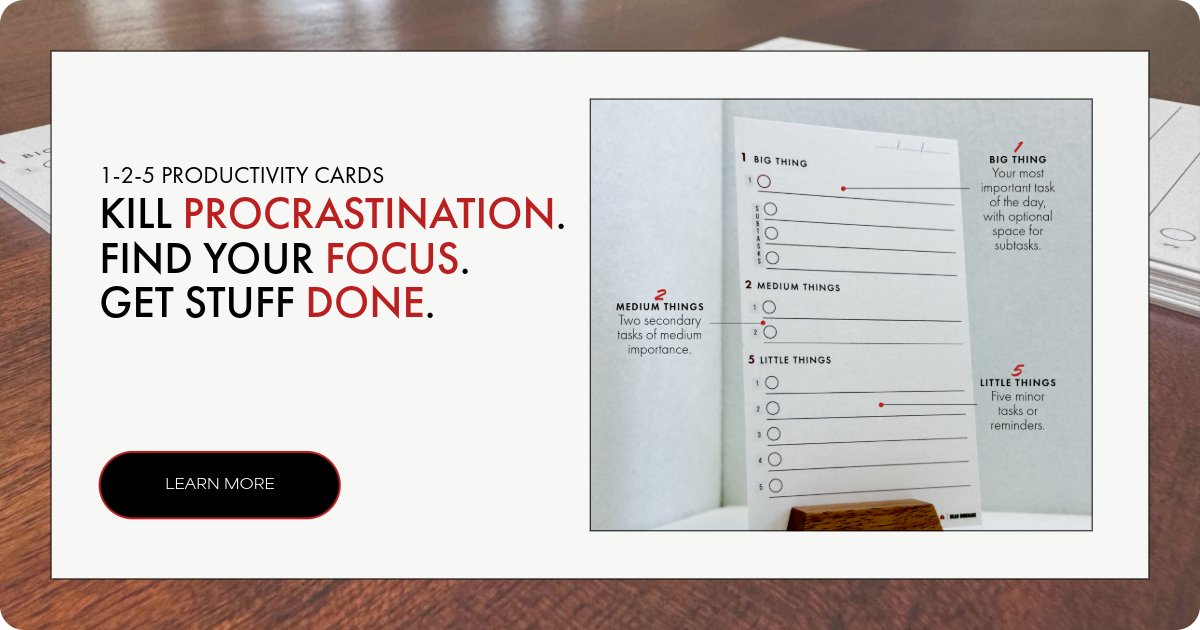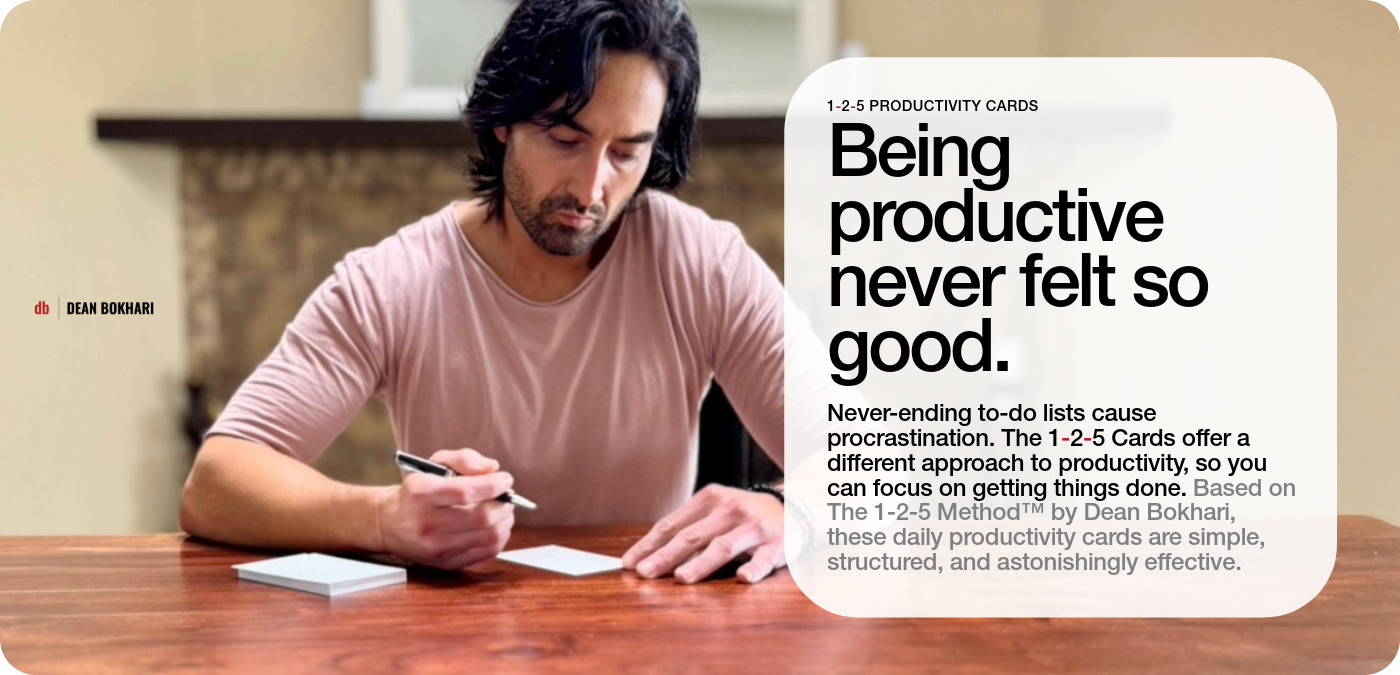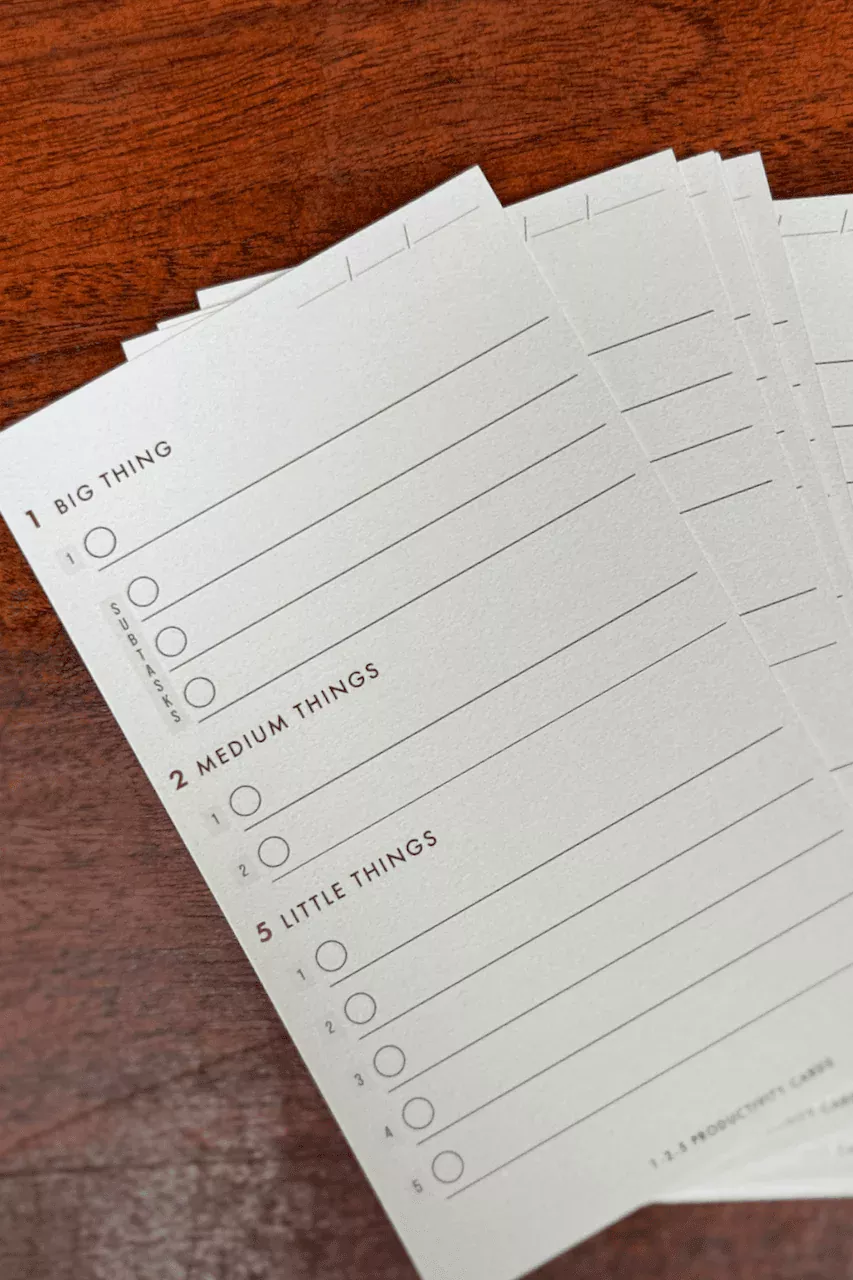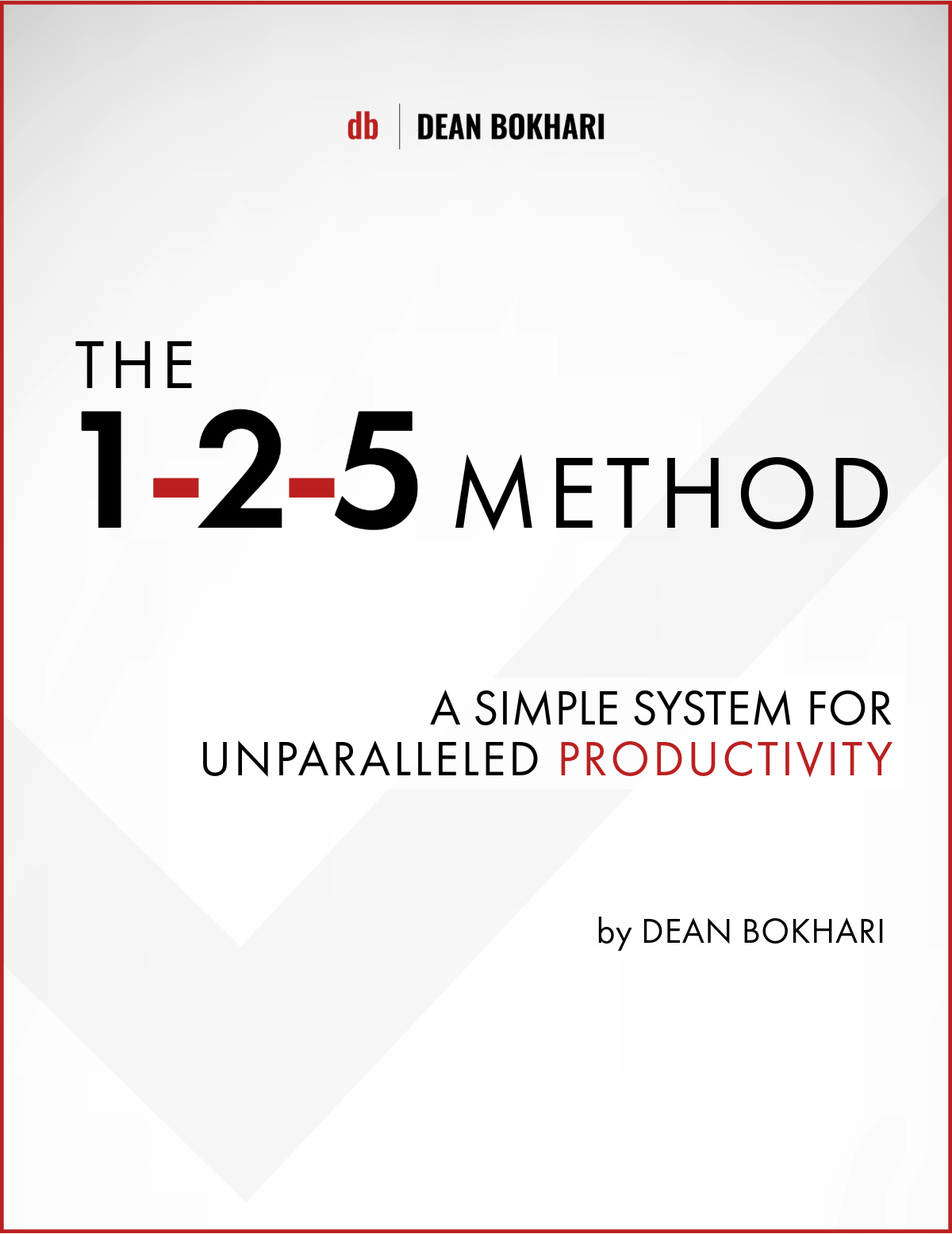How to Tune Into the Power
of Meditation at Work
Contributed by Beth Rush
Sitting in stillness may not sound like the optimal way to accelerate your career. However, recent research shows contemplative practices increase focus, a quality you need to excel. How can you tune into the power of meditation at work?
It’s easier than you think — and understanding why meditation is so effective encourages you to participate. It may even transform your workplace as it has many schools. Here’s how to use the power of meditation to advance your career, improve office relationships and feel more calm, centered and focused during the daily grind.
Why Use Meditation at
Work? 6 Benefits
The benefits of meditation at work are so profound that it’s amazing more companies don’t have quiet pods equipped with zafus, yoga mats and aromatherapy misters. Here’s what you can reap from bringing this practice into your workplace — although you might have to keep your routine a bit more low-key.
1. Lower Stress Levels
While stress can spur you to action, too much
is paralyzing. Excess tension leads to elevated stress hormone levels. The
imbalance can manifest in health woes, especially if you habitually take on an
undue emotional labor burden, putting your team’s needs above your own.
Pay attention and consider practicing meditation at work if you frequently experience the following mental or physical symptoms:
- Feeling drained and overwhelmed
- Difficulty concentrating or making decisions
- Feeling cynical and detached from your work
- Difficulty sleeping or relaxing
- Physical symptoms such as headaches, stomachaches and muscular aches
2. Increased Focus and
Concentration
Today’s fast-paced business world often
demands you make speedy decisions, something that’s harder to do when you can’t
focus. You need to narrow your attention to the matter at hand,
compartmentalizing other concerns, which becomes increasingly challenging the
more you have on your mind.
Meditation at work can serve as a valuable tool to assist with this. For example, you may take two to five minutes to visualize yourself packing up external concerns and locking them away in a secure box until you handle the matter at hand. Doing so can adjust your mindset sufficiently to tune out stimuli that only distract you from the present issue.
3. Enhanced Emotional
Well-Being
Meditation gently shifts your thought
patterns, and your feelings often follow. Research indicates that regular
meditation eases the symptoms of various mental disorders, such as
anxiety, PTSD, social anxiety disorder and depression.
4. Boosted Creativity
and Innovation
Meditation gives your brain a quiet space to
make new neural connections. This growth spurs greater creativity and
innovation as you examine problems from new angles and find alternative
workarounds to seeming roadblocks.
5. Improved
Communication and Relationships
Meditation builds empathy, the deep realization that all the tumultuous emotions and external stimuli that influence your thoughts and behaviors do the same to other people. In this kinship, you find forgiveness and grace, becoming more accepting of other people’s actions and limitations, facilitating open communication and more honest relationships.
6. Enhanced
Productivity and Efficiency
When your mind is clear and you’re able to make decisions, find new ways around problems and get along with colleagues, work gets done more easily. You find yourself flying through projects that once stymied you, thanks to your calm, mindful approach.
How to Practice
Meditation at Work
If you’re truly bold, bring in a meditation
cushion and a curtain for your cubicle. However, meditation at work doesn’t
require props. All you truly need is five minutes where you can sit quietly
and breathe. Here are some suggestions for how to use that quiet, contemplative
time.
- Just breathe - One of the simplest focused meditation techniques involves slowing the breath while counting backward from 10 with each inhale and exhale. You can add to it by including a mental mantra, such as Zen master Thich Nhat Hanh’s: “Breathing in, I am aware that I am breathing in. Breathing out, I am aware that I am breathing out.”
- Tune in - YouTube is a wellspring of guided meditations. For example, Great Meditations is a fabulous channel that nearly exclusively features short versions of five to ten minutes.
- Become body aware - A body scan is like mentally combining acupuncture and massage, using your interoceptive ability to journey through your physical self. Observe what sensations you experience.
- Ground yourself - Choose a focus object like a gif of a flickering candle, a fountain or a bird outside your office window. Simply observe how it behaves without judgment. Gradually shift your awareness to your own thoughts, taking the same stance as a nonjudgmental observer. Do they serve you? If not, how can you modify your thought patterns to bring a desired outcome?
Should Meditation at
Work Be a Standard Practice?
Given the many benefits of meditation at work,
should it become a standard practice in office complexes? Could a collective
session inspire greater teamwork and productivity across all staff members?
Experiments in schools that have replaced detention with meditation have seen drastic decreases in disciplinary action and improved attendance. Most bosses would love the same for their teams.
Getting adults to buy in can seem harder, but you might be surprised. For example, Francesca Ferri, finance manager at the creative agency Art Partner, reports the hour she spends meditating multiplies in value because of the powerful effect on her performance. While gaining initial interest may seem hard, organizations that include regular meditation sessions as part of their meetings may reap significant benefits.
The Power of
Meditation at Work
You may not get your employer to buy into
group meditation sessions or purchase dedicated pods. However, you can still
harness the benefits of meditation at work by using the techniques described
above.
Doing so has multiple benefits, from easing stress to improving your relationships with your colleagues.
Try meditating at work for the next few weeks and mindfully observe the difference.
by Beth Rush • Managing Editor at Body+Mind
✨ New Series: How to Become an Early Riser
- Discover key methods to make early rising a habit
- How to wake up early + energized every morning
- Morning routines for health + success
Free self-development courses
👇
Tap on any of the courses below to start learning how to:
- boost your productivity (with GTD),
- get focused (with Deep Work),
- or learn the art of influencing others (with the How to Win Friends & Influence People course.)
All for free.
👇
Free life guides
👇
Best-selling Self-development courses by Dean Bokhari
Kill procrastination.
|
Get stuff done.
|
Get motivated.
|
Connect with anyone.
|
freshly pressed:
Top Audiobooks narrated by Dean Bokhari on audible | |
Book summaries
- The Power of Habit by Charles Duhigg
- 12 Rules for Life by Jordan B. Peterson
- Presence by Amy Cuddy
- Leaders Eat Last by Simon Sinek
- The ONE Thing by Gary Keller, Jay Pasan
- Deep Work by Cal Newport





































